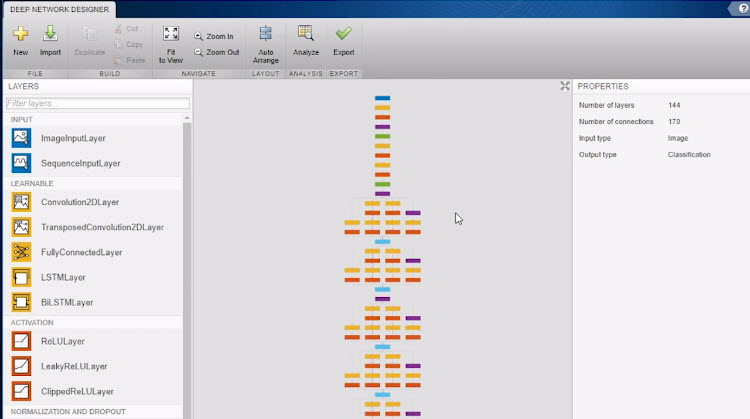
Level Up Your Tech Skills Udacity’s Top Courses
Unlocking the Power of Data with Udacity’s Data Science Nanodegree
Udacity’s Data Science Nanodegree program is a comprehensive and highly regarded pathway to mastering the skills required for a successful career in data science. The curriculum covers a broad range of topics, from foundational statistics and programming in Python to advanced machine learning techniques and data visualization. Students learn to clean, analyze, and interpret large datasets, build predictive models, and effectively communicate their findings. The program’s project-based learning approach ensures that students gain hands-on experience, working on real-world projects that showcase their newly acquired skills to potential employers. The program’s flexibility, with options for part-time or full-time study, makes it accessible to a wide range of learners, regardless of their background or current commitments.
Mastering the Art of Software Development with Udacity’s Full Stack Web Developer Nanodegree
For those aspiring to build interactive and engaging web applications, Udacity’s Full Stack Web Developer Nanodegree is an excellent choice. This program provides a deep dive into the entire web development lifecycle, from front-end development (using HTML, CSS, and JavaScript) to back-end development (using Node.js, Express.js, and databases like MongoDB). Students learn to design and implement robust, scalable, and secure web applications. The curriculum emphasizes practical application, with numerous hands-on projects that allow students to build and deploy their own web applications. Upon completion, graduates possess a comprehensive understanding of both front-end and back-end technologies, making them well-equipped to tackle a wide range of web development challenges.
Android App Development: From Novice to Pro with Udacity’s Android Nanodegree
If your passion lies in mobile app development, Udacity’s Android Nanodegree program provides the essential skills and knowledge to create high-quality Android applications. This program delves into the intricacies of Android development, covering topics such as Java programming, Android UI design, and working with different Android APIs. Students learn to build user-friendly and efficient apps, incorporating best practices for design, performance, and security. The curriculum involves building several substantial apps, offering practical experience and a portfolio to demonstrate their abilities. The program keeps up with the latest Android technologies, ensuring graduates are equipped with the most current and relevant skills.
Autonomous Systems: Driving the Future with Udacity’s Self-Driving Car Nanodegree
For those fascinated by the cutting edge of technology, Udacity’s Self-Driving Car Nanodegree offers a unique opportunity to learn about the complexities of autonomous vehicle development. This program introduces students to the key concepts and technologies behind self-driving cars, including sensor fusion, computer vision, path planning, and control systems. The curriculum combines theoretical knowledge with hands-on projects, allowing students to develop their own self-driving car simulation software. The demanding nature of the program requires dedication and a strong mathematical foundation, but the reward is a deep understanding of this transformative technology and valuable skills for the rapidly evolving field of autonomous systems.
Cloud Computing Expertise with Udacity’s Cloud Developer Nanodegree
In today’s digital world, cloud computing is essential. Udacity’s Cloud Developer Nanodegree program empowers students to master the fundamentals of cloud technologies, particularly focusing on












